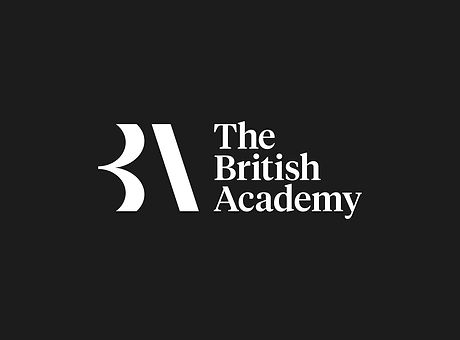CHILDHOOD

IN BRIEF
I look at the status of children in our political and social world. I explore issues relating to the definitions of 'childhood', the categorisation of children, the distinction between adults and children. I also look at issues relating to the applicability of theories of justice to children.
Do standard political theories apply to children?
How do our discourses on freedom apply to children?
Or what rights are owed to children?
I study national and international legislation on children's rights, and explore the best and most just ways to implement it.
SOME PROJECTS
on childhood
Childhood at the Margins
Newton International Fellowship
British Academy - Centre for Children's Rights (Queen's University Belfast). March 2020-March 2022.
Childhood at the Margins: A Normative Analysis of Children’s Status as Right Holders aims to explore the theoretical and philosophical underpinnings of the Convention on the Rights of the Child. Particularly, it looks at how three elemental principles of the Convention have been defined and interpreted in the theoretical literature on children’s rights: the non-discrimination principle, the evolving capacities principle, and the best interests’ principle.
The project’s core objective is to assess the extent to which current interpretations of the Convention fail to account for the plurality of what childhood is. It will focus, especially, on providing recommendations for how to protect children who live at the margins of society (working children and street children), and to ensure that the implementation of the Convention recognises children’s full status as right holders.
#COVIDUnder19
Queen's University Belfast, Terre des Hommes, UN (and others). April 2020-ongoing
How do children experience the pandemic, from one end of the world to the other? To find out, Terre des hommes, in collaboration with the UN, Queen's University Belfast (and around 30 other organisations), as well as children and young people, created the #CovidUnder19 initiative and launched an international survey. The results of the survey reveal the opinions of children and young people, so that their voices can be taken into account by decision-makers.
A total of 26,258 children and young people aged 8 to 17 from 137 countries participated in the #CovidUnder19 survey. The results published in December 2020 shed light on their opinions: “Children are not as clueless as you think they are. They have a voice, and no voice should be shut out. Being a child doesn't mean our voices are less credible,” said a 10-year-old boy from the Philippines.
Taking Age Disadvantage Seriously (TADS)
Czech Science Foundation
November 2017-November 2019
This project aims at looking at the latest legal developments on age discrimination in the Czech Republic in particular and in Europe in general, from a critical and interdisciplinary perspective. My contribution centred in looking at potential ways in which children may be discriminated due to their differentiated status.
From a Protected to an Empowered Childhood
30 years of the Convention on the Rights of the Child
KU Leuven, UGent, Antwerp and Plan International
November 2018-November 2019
Despite the strength that the Convention on the Rights of the Child (CRC) has acquired throughout the last 30 years as a canonical text for guiding the protection of the rights of children, many questions for how to reach its objectives are still a matter of debate. Among them, the role of CRC as a tool for empowering children is an important issue to address. Despite that children’s voices and views have been gradually included in the public debate and in day-to-day life, a concern still exists as to whether a more active engagement and a more central role should be given to children in the matters that most concern them. Is voice and participation sufficient to fulfil children’s claims to be heard? Are they (and should they be) recognised as equal citizens entitled to freely express their views, to self-organise and to decide over many matters that affect them?
SOME OF MY WORK
on childhood
IN DEVELOPMENT
The Moral Relevance of Social Categories: Analysing the Case of Childhood.
IN DEVELOPMENT
Is Child Disenfranchisement Justified?
IN DEVELOPMENT
Autonomy and Equal Respect for Children: Two Limits of Nussbaum’s Theory of Global Justice
IN DEVELOPMENT
Life-Stage Conceptions of Childhood: A Critical Evaluation
IN DEVELOPMENT
Age Discrimination and Statistical Reliability
BOOK CHAPTER
ARTICLE
BOOK
ARTICLE
ARTICLE
Hart, C.S. and Brando, N. (2018). ‘A capability approach to children's well‐being, agency and participatory rights in education.’ European Journal of Education 53 (3): 292-309.



